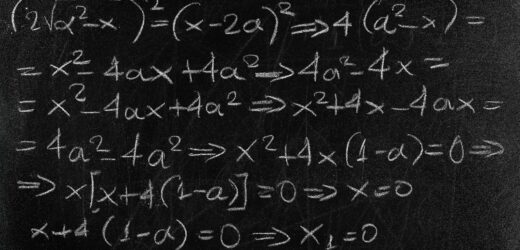Empirical studies of various sorts have verified that cooperative learning events are related to higher academic achievement more so than are competitive, individualistic learning environments. That doesn't mean that students always endorse the use of these group structures. Survey research has identified a number of objections raised by students, including having to depend on less well-prepared and less motivated peers and not having teachers at the ready with “right” answers.
Related Articles
I have two loves: teaching and learning. Although I love them for different reasons, I’ve been passionate about...
Recently, a student sent me a political news article with the comment “Things are falling apart.” I didn’t...
You’ve prepared a fabulous, interactive class. You’ve designed engaging activities, developed meaningful discussion questions, and cultivated an inviting...
AI has become a part of nearly all facets of teaching, from lesson development to exam creation to...
Navigating the gulf between the most and least prepared students in a course can seem like an insurmountable...
I’ve taught a course in statistics for psychological research for almost 40 years. No student becomes a psych...
My course is literally about teaching reading to young children, a challenge given that research suggests that college...








